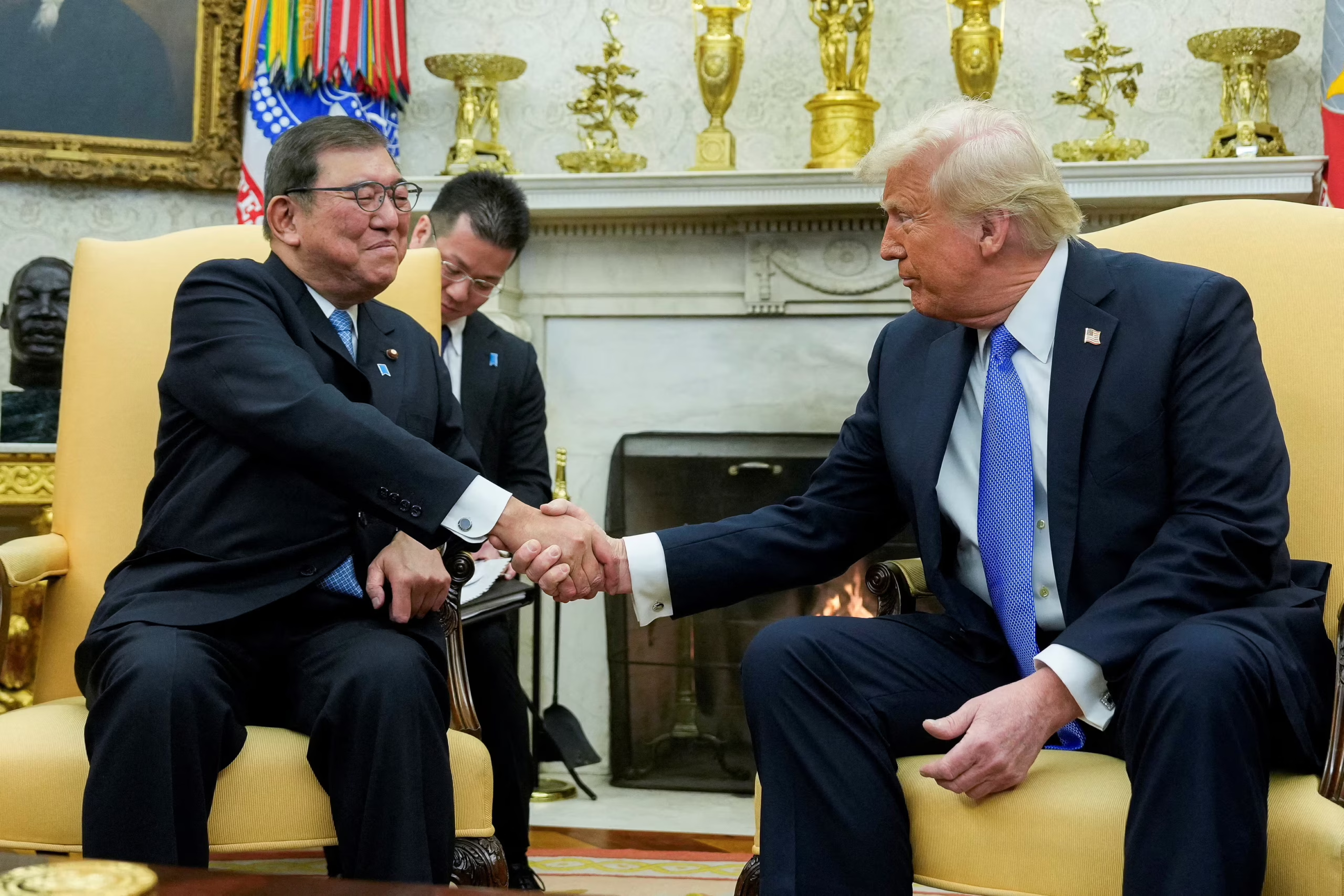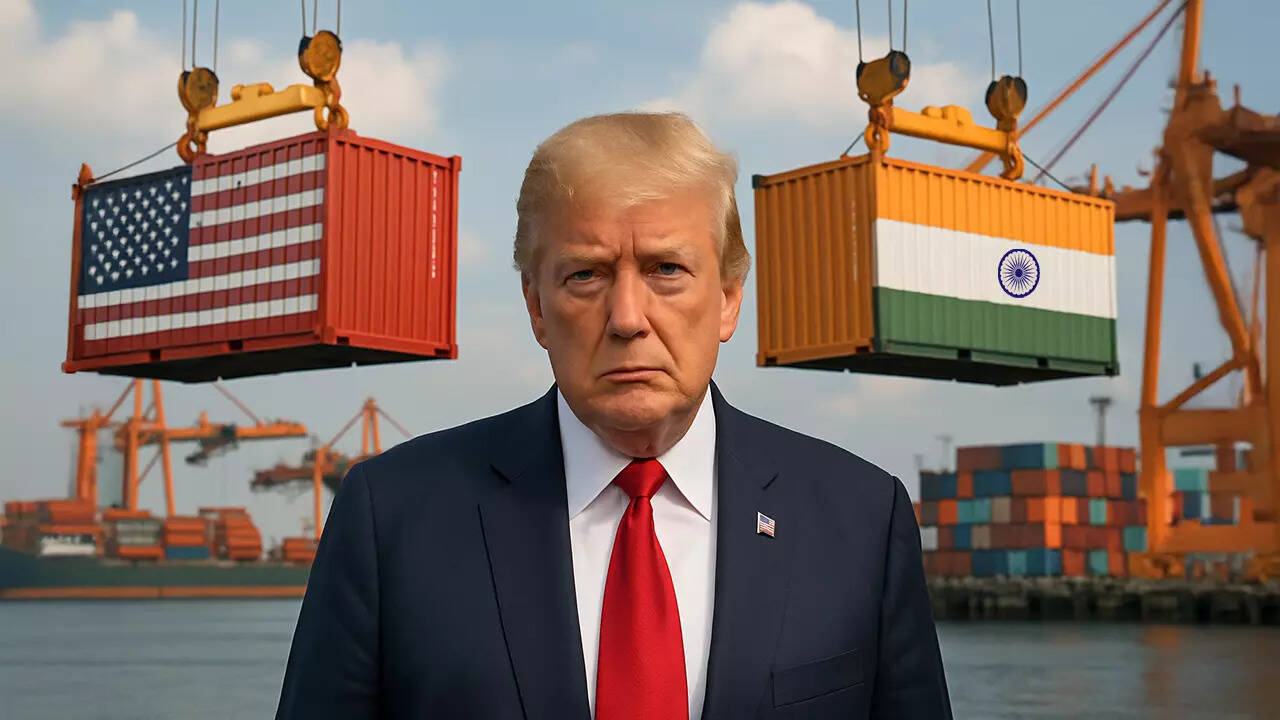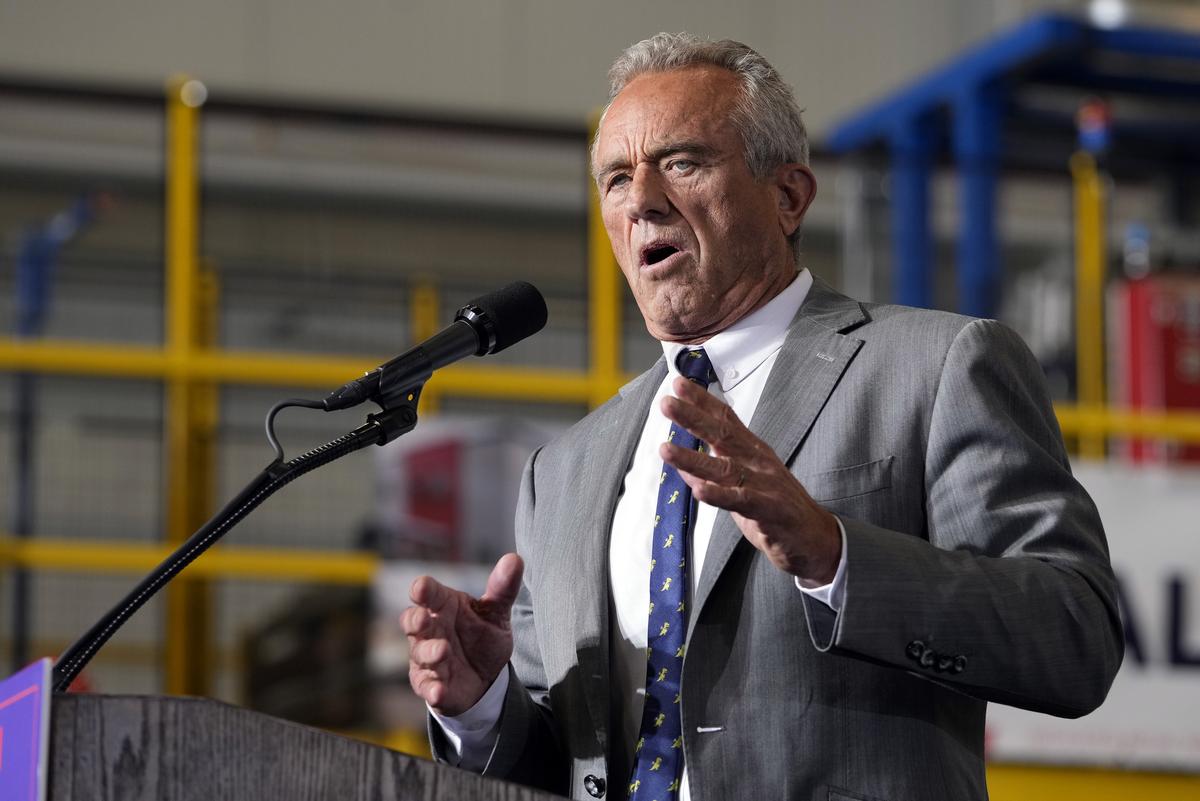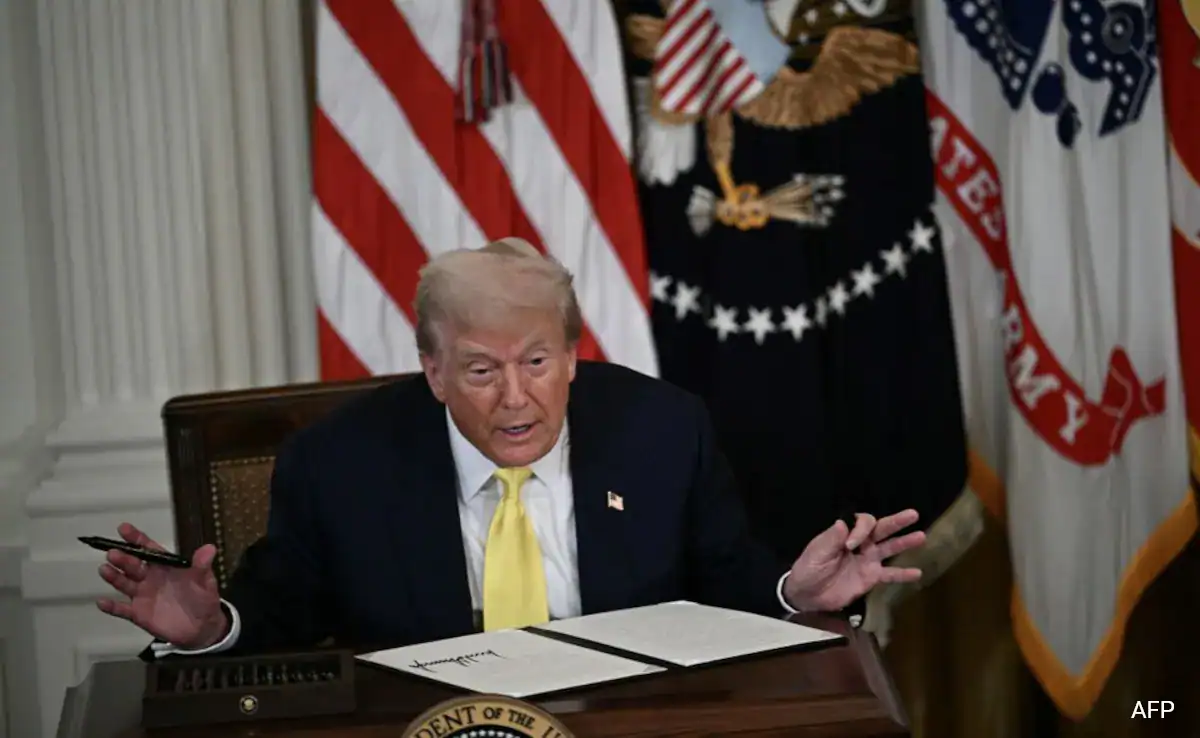
The geopolitical landscape of international trade continues to evolve as key nations strive to address long-standing economic disagreements. Recently, one of the most noteworthy developments in this context has been Japan’s successful efforts to obtain a firm commitment from the United States to rectify an ongoing double tariff oversight. This agreement marks a significant milestone in fostering stronger economic ties between Tokyo and Washington, signaling a move towards more harmonious trade relations and mutual economic growth.
Background of the Double Tariff Issue
To understand the importance of this development, it is essential to grasp the origins of the double tariff dilemma that has troubled Japan-US relations. Double tariffs, often resulting from overlapping trade policies or retaliatory measures, can severely disrupt international trade by inflating costs, creating barriers for businesses, and diminishing economic efficiency.
In this particular case, Japan had expressed concern over a double tariff oversight that emerged due to recent changes in US trade policies. Essentially, some Japanese exports faced tariffs from both the US and other trading partners, leading to increased costs and competitive disadvantages for Japanese industries, especially in sectors like automotive and technology manufacturing, where Japan holds significant global market share.
This issue not only impacted Japan’s economic interests but also had broader implications for regional stability and global trade dynamics. Japan’s diplomatic efforts aimed to resolve this double tariff oversight, seeking assurances from the US government that corrective measures would be taken promptly to eliminate redundant tariffs and streamline trade procedures.
The US Commitment: Details and Implications
Official Statements and Negotiations
According to recent reports, Japan has successfully secured a promise from US officials regarding the resolution of this double tariff oversight. In a statement reported by Reuters, Japan confirmed that the United States has committed to reviewing and fixing the tariff oversight issue, which could lead to the removal of double tariffs on Japanese exports.
This commitment was the outcome of intensive diplomatic negotiations, where both nations acknowledged the importance of resolving trade-related frictions to promote economic stability and mutual prosperity. A US government source indicated that efforts are underway to review the tariff structures and conduct necessary adjustments within a set timeframe.
Potential Changes and Future Outlook
- Removal of redundant tariffs: US authorities are expected to eliminate tariffs that inadvertently applied to Japanese imports due to overlapping trade policies.
- Streamlining trade procedures: Efforts will be made to simplify customs processes, reduce bureaucratic hurdles, and foster smoother trade flows between Japan and the US.
- Enhanced trade cooperation: The agreement paves the way for strengthening overall trade relations, possibly leading to broader economic accords in the future.
Analysts believe that this development is not merely about correcting tariff oversights but signifies a shift towards more proactive and cooperative international trade diplomacy. It reassures Japanese industries of a more predictable, fair trade environment, which is critical for long-term planning and investment.
Broader Context of US-Japan Trade Relations
Historical Perspective
The US and Japan have maintained a complex but generally strong trade relationship for decades. While there have been disagreements—particularly over tariffs, trade deficits, and market access—the overall partnership has remained resilient. The recent focus on resolving the double tariff issue underscores a shared interest in maintaining this economic alliance amid a shifting global order.
Impact of Global Trade Trends
The ongoing trade tensions between major economies, such as the US-China dispute, have prompted countries like Japan to seek bilateral agreements that safeguard their interests. Moreover, recent global initiatives aiming at trade diversification, supply chain security, and economic resilience have added urgency to resolving existing issues efficiently.
The Significance of This Development
This diplomatic breakthrough signifies more than just a technical fix; it reflects the growing importance both nations place on maintaining strong economic bonds. In particular, it:
- Strengthens diplomatic ties: Resolving trade issues fosters goodwill and builds trust.
- Provides economic stability: Businesses can plan with greater confidence knowing tariffs are being rationalized.
- Sets a precedent: Demonstrates a commitment to addressing trade concerns through dialogue and cooperation rather than unilateral actions.
- Encourages regional stability: As Japan and the US iron out their differences, it can positively influence neighboring nations and regional trade agreements.
Looking Forward: Challenges and Opportunities
While the commitment to fix the double tariff oversight is promising, several challenges remain. Translating diplomatic promises into tangible policy changes requires ongoing cooperation, transparent communication, and effective implementation. Additionally, geopolitical tensions and global economic uncertainties could influence future trade negotiations.
However, this development also opens up numerous opportunities:
- Trade Expansion: Countries might explore new trade agreements that further reduce tariffs and barriers.
- Innovation in trade policies: Both nations could pioneer new frameworks that better adapt to an interconnected global economy.
- Palpable economic benefits: Consumers and businesses may experience lower costs and expanded market access.
Conclusion
In summary, Japan’s recent success in securing a US commitment to address the double tariff oversight marks a pivotal moment in international trade diplomacy. By resolving this specific issue, both countries demonstrate flexibility, commitment to fair trade, and the importance of diplomatic collaboration. As the global trade environment continues to evolve, such proactive measures will be crucial in ensuring sustained economic growth and stability for Japan, the United States, and the broader international community.
For more updated news please keep visiting Prime News World.








